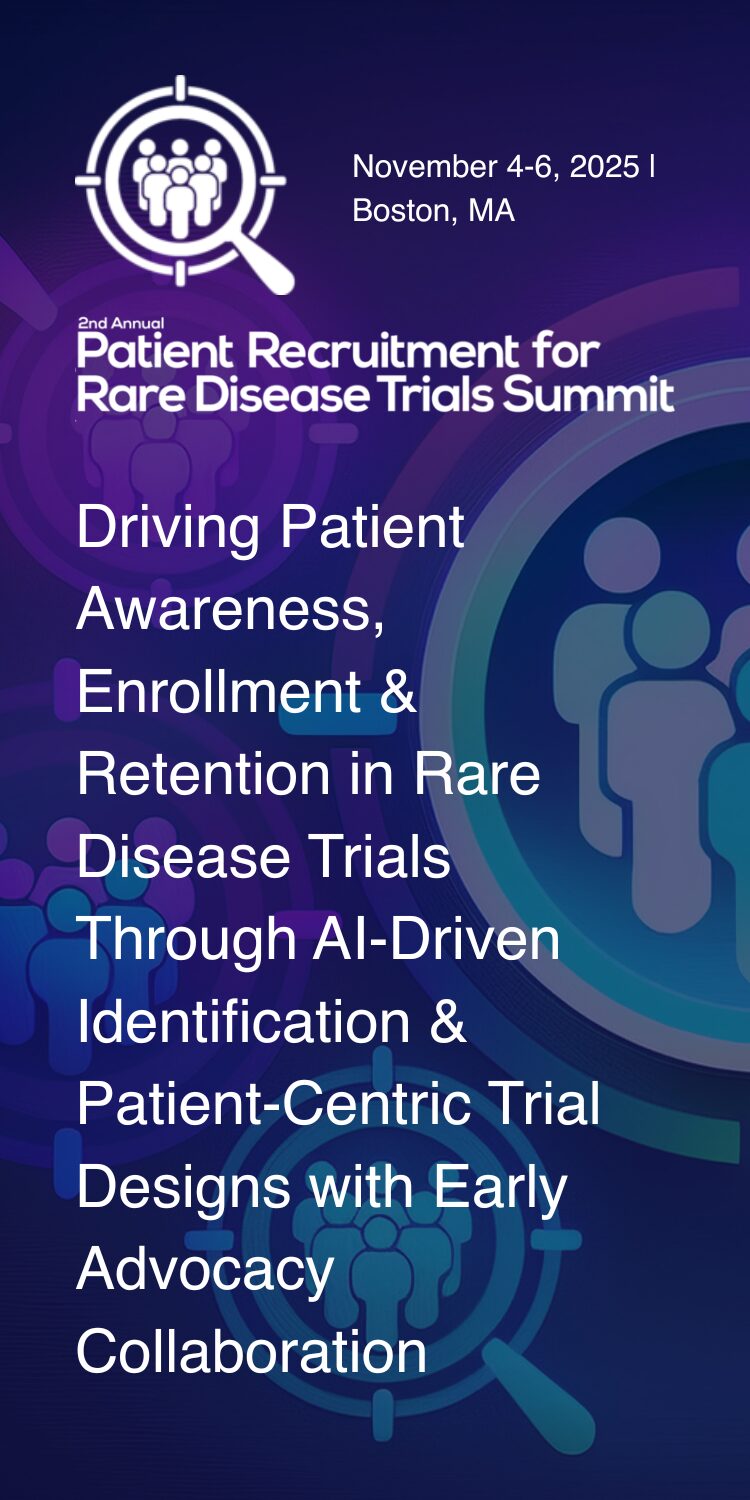The U.S. Food and Drug Administration (FDA) has approved Alunbrig (brigatinib) as first-line therapy to treat adults with a rare form of lung cancer—anaplastic lymphoma kinase-positive (ALK+) metastatic non-small cell lung cancer (NSCLC).
Approximately 3-5% of metastatic NSCLC cases have alterations in the ALK gene.
The approval is largely based on results from the Phase 3 ALTA 1L trial showing progressive-free survival was significantly higher in patients receiving brigatinib (24 months) compared to those receiving crizotinib (11 months). The brigantinib group also had superior overall response rates (74% vs 62%) and superior intracranial overall response rates (78% vs 26%) compared to the crizotinib-treated group.
In a news release, Andrea Stern Ferris, President and CEO, LUNGevity Foundation siad, “As with many forms of lung cancer, ALK+ NSCLC is a complex and aggressive cancer that presents various treatment challenges for patients who are newly diagnosed, including those whose disease has spread to their brain.”
Ferris added, “Having this option for newly diagnosed patients is exciting news for the ALK+ NSCLC community and adds to the remarkable progress we have witnessed in lung cancer treatment over the past decade.”
The most common serious adverse reactions other than disease progression were pneumonia (4.4%), ILD/pneumonitis (3.7%), pyrexia (2.9%), dyspnea (2.2%), pulmonary embolism (2.2%), and asthenia (2.2%). Fatal adverse reactions other than disease progression occurred in 2.9% of patients and included pneumonia (1.5%), cerebrovascular accident (0.7%), and multiple organ dysfunction syndrome (0.7%).
The most common adverse reactions were diarrhea (53%), rash (40%), cough (35%), hypertension (32%), fatigue (32%), nausea (30%), myalgia (28%), dyspnea (25%), abdominal pain (24%), and headache (22%).
For more information about this and other rare cancers, visit https://checkrare.com/diseases/cancers/

